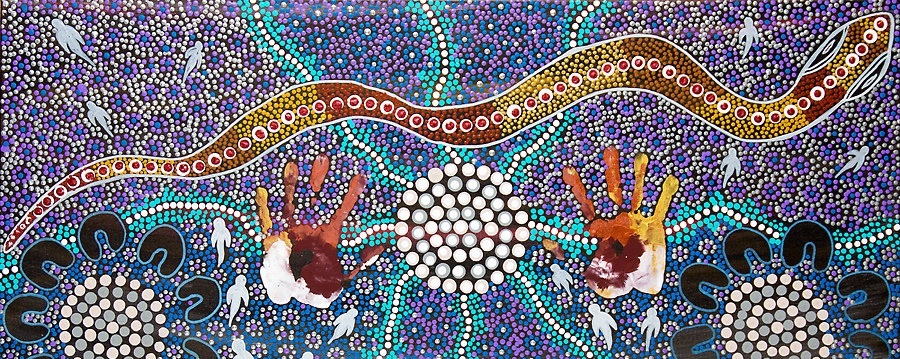Multi-published
author ELIZABETH SIMS conducted
the webinar. During the 90 minute
programme, Ms Sims discussed the major points of what makes dialogue great. She
covered topics such as:
*how to
develop dialogue
*how to
generate dialogue
*dialogue
techniques
*how to
craft dialogue to fit your characters
Below, I share
the highlights of the webinar with you. If you find them interesting, and want
to listen to the full webinar, you can download it from the Writer's Digest
On-Line Shop
What is dialogue? Dialogue is a living part of writing and should be
an author's servant
Fiction today: While the great classical tomes of the past were
narrative heavy, today's reader wants a dialogue heavy story. Dickens is the
exception: his stories were first published as serials in magazines, so Dickens
used great dialogue to keep his readers interested (and buying the magazines
week after week!)
Great dialogue:
*sounds
real
*fits each
individual character
*develops
characters
*moves
story forward
The paradox of dialogue: author's must write dialogue that sounds natural,
but real life dialogue is often awfully boring when transcribed to a page
Study plays for dialogue tips: Speakers use tone and cadence to get meaning across
in dialogue. Study the plays of Tennessee Williams, William Inge and Edward
Albee for effective dialogue
*communicate
neutral facts
*give
warning
*manipulate
*keep from
feeling
*avoid
listening
*fill
silences
*say 'I
love you"
Can you
think of other reasons people talk?
Develop sensitivity to ambient speech:
*watch out
for opportunities (eavesdrop in a coffee shop)
*listen
*makes
notes
*look for
context of the speech you are hearing
Your goal
as author is to listen to CONTENT and DELIVERY of speech and then use how real
people talk in your own context.
Brainstorming dialogue:
*ask: what
do I need in this scene? Do the characters really need to talk?
*become
the character: leave your persona behind and delve into the emotions of the
character who is speaking
*be
irrational: people don't always act rationally and neither should your
characters
If
uncertain whether dialogue is needed, try some action instead.
Use dialogue to portray emotion: mix dialogue with action "I'm sorry"
versus She groped for a response. "I-I'm sorry." Can you see the
difference?
Make your characters sound different:
*use
dialogue markers
*use
distinct vocal characteristics
*consider
sonic characteristics such as pitch (frequency of sound) and timbre (tonal
quality of sound)
*use
narrative and description or metaphors and similes to describe voices
*use habitual
verbal markers such as contractions, elisions, ejaculations, slang and idiom
Always
write for a perceptive reader- never dumb your dialogue down.
Punctuation in dialogue: a subtle but effective technique to enhance dialogue.
Use your punctuation effectively.
Sundry
other topics such as internal dialogue, foreign languages, dialects, and
invented language (e.g. in sci-fi) were also discussed. The webinar ended with a Q + A session
where Ms Sims dealt with real queries authors experience during the writing process.
If you
struggle with your dialogue writing techniques, this webinar is a good way to
learn how to write dialogue like a pro. If you are a pro, then this webinar
will help you brush up your dialogue skills.
Free image from ClipArt
Free image from ClipArt


6 comments:
I love writing dialogue. It's often the 'sketch' I use to outline a scene, and then build from there.
In real life, I think another reason why people talk (okay, maybe it's just me) is to alleviate/mask nervousness, especially around people we (I) don't know well.
Good reminders, Judy. Thanks for taking the time to post them! :)
JB: Dialogue is my least favourite. I love writing reams of lyrical prose, but of course readers today don't want that, so I'm really working on my dialogue. And I agree with you - one of the reasons I talk (and talk and talk) is when I'm most nervous or insecure around strangers. Wish I could stop it and listen more! :)
Hi Judy .. what a great webinar - I hope to get into doing something tangible with some writing workshops - but may wait til next year ... a few things still to sort out, and need to settle into life again -
Good for you .. and this will be a handy reference tool .. cheers Hilary
HILARY: Nice to hear from you - you're so good about visiting blogs! :) I've found the Writer's Digest webinars a wonderful way of distance learning about writing techniques. And the best part is that if you wait a few weeks you can buy them from the archives at about half the price! (Of course you miss out on the Q&A if you have any specific writing questions, but you still benefit from the core webinar)
Judy, I'm glad my webinar sparked ideas. (And thanks for attendint!) When I'm writing dialogue it always helps if I focus on the emotion the characters are feeling. Emotions drive words.
ELIZABETH: Thanks for popping in to my blog and thanks for the extra tip! Your webinar brought a lot of my problems with dialogue into focus (and made it almost seem easy! ha ha!)
Post a Comment